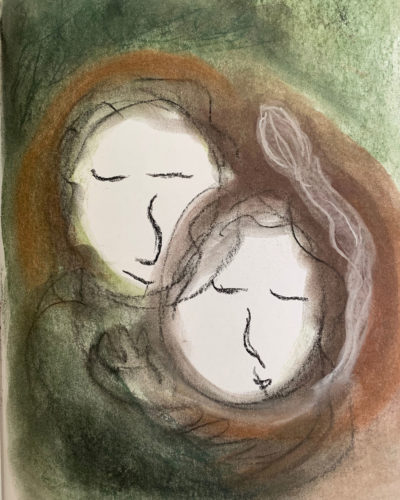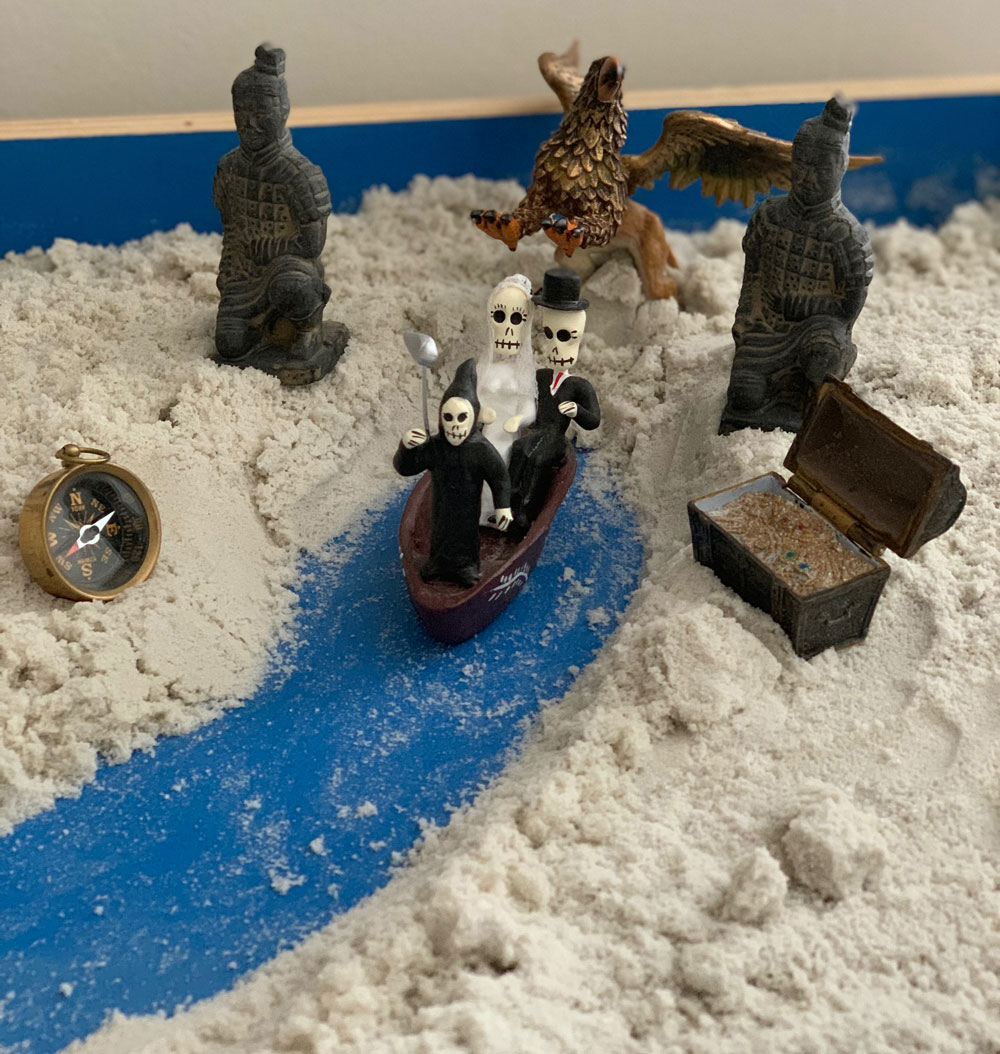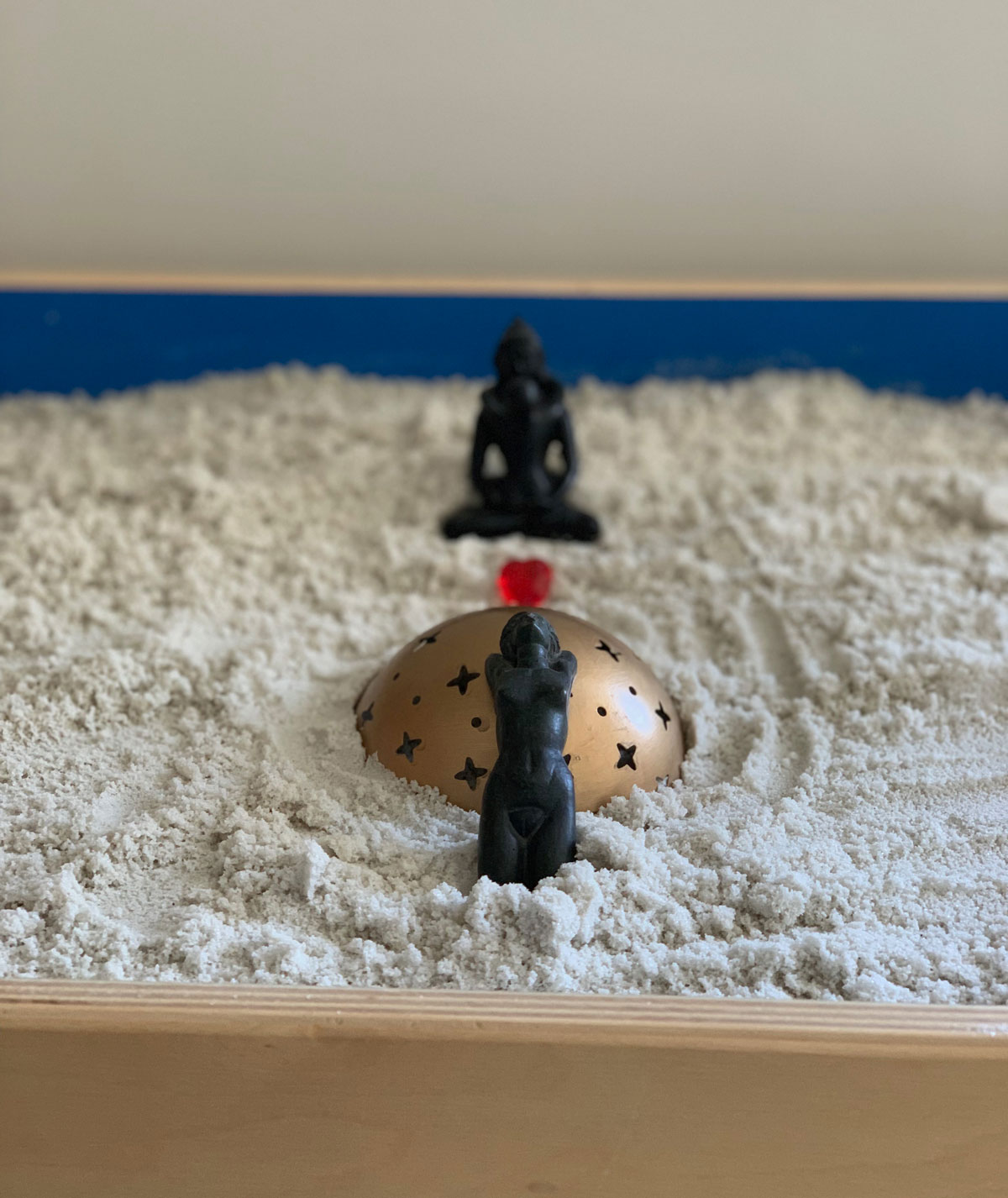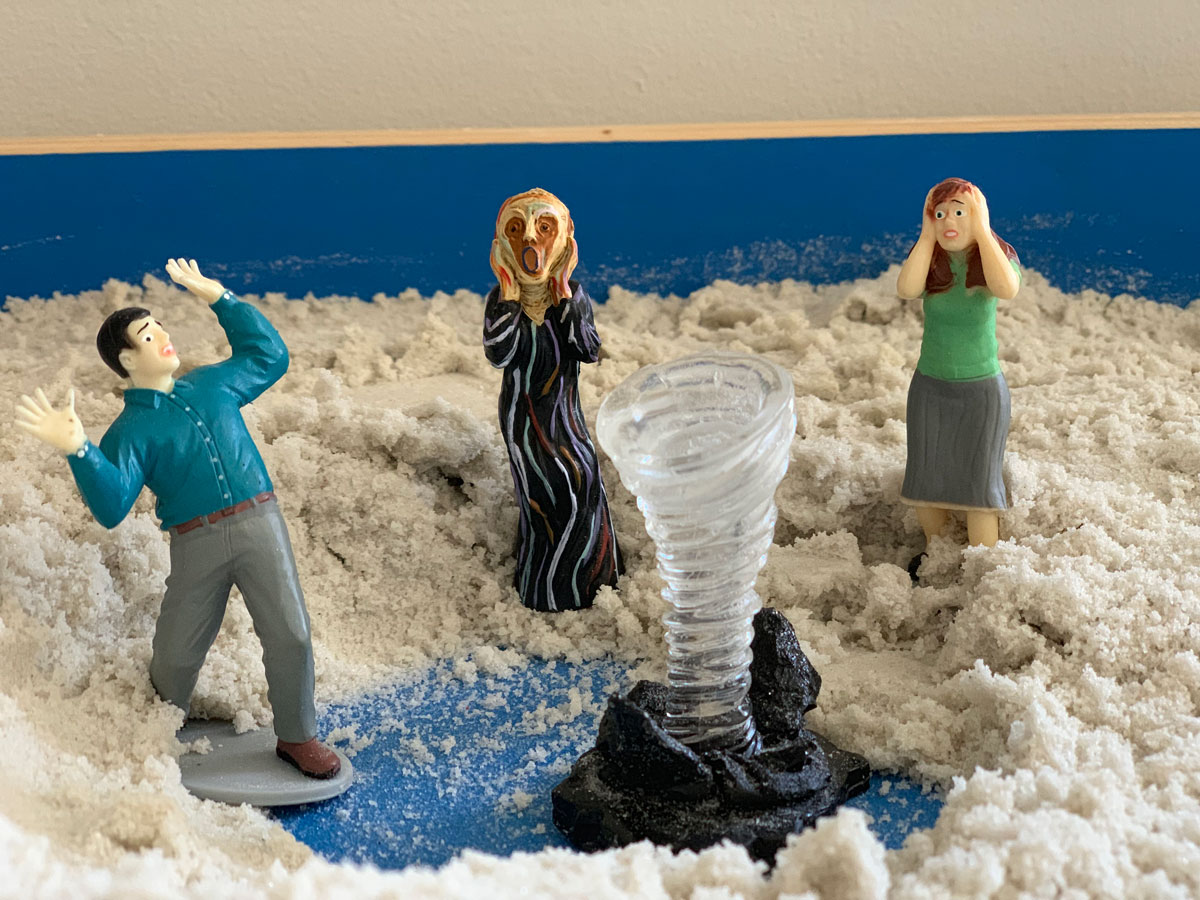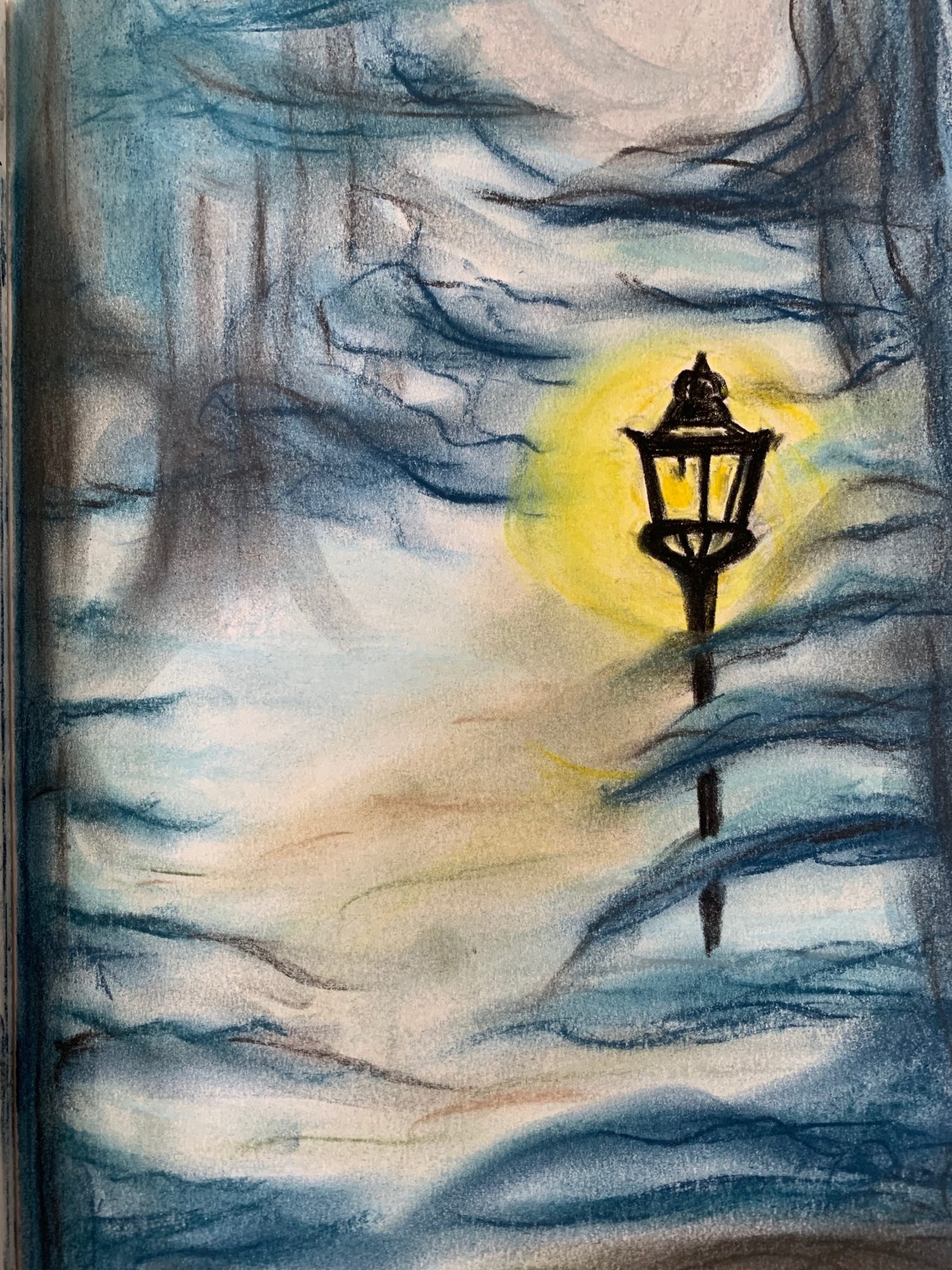Your vision will become clear only when you look into your heart. Who looks outside, dreams. Who looks inside, awakens.
— C.G. Jung
Young Adulthood and Professionals
I enjoy working with different age groups in adulthood. Each group has their own challenges. Special pressures abound for young professionals today because there are many competing priorities. Friends, family pressures, getting that first job out of school, or getting into graduate school can lead to anxiety and stress with expectations and constant pressure. Social media adds additional stress because of perceived comparisons. Therapy is a place to make sense of this stress and work through issues in a safe and structured space. I strive to help people find out who they are in this process.
Grief and Loss
Every human relationship ends…the most common experience we all must face over and over again…grief is the expression of the loss of relationship.
— Judith A. Savage, Jungian Analyst
Change, even when positive–such as moving to a new city, giving birth, celebrating a graduation, or a new job– can bring emotional challenges and a feeling of loss because an individual leaves what is familiar and moves into new, and often unknown territory.
Mourning is a normal state of grief after a loss. This can be pronounced after the death of a loved one. An individual may experience guilt, anger, intense sorrow, a feeling of numbness, loneliness, emptiness, hopelessness and/or diminished sense of their own identity.
Complicated bereavement is a state in which grief intensifies and daily functioning in social, academic, work settings or other important areas of life can be impacted.
Symptoms may include:
- Depression
- Anxiety/Panic Attacks
- Insomnia
- Isolation
- Relationship issues
- Chronic sense of emptiness
- Insecurity
- Sense of stagnation
Relational and developmental trauma is often a part of grief. After processing feelings and thoughts together in therapy, some individuals are surprised to discover they are carrying unresolved emotions. Some may find that those feelings may be rooted in childhood when they felt abandoned, neglected, criticized or diminished by others.
Sometimes emotions don’t rise to the surface until many years later and can be activated during a state of grief. Pain coming from grief can be overwhelming. Therapy provides a safe place where feelings can be expressed, made conscious, transformed and healed. Learning to tolerate and process strong feelings together is part of the therapy process.
Midlife Transitions
Midlife can be challenging even though it is a normal stage of life. Individuals often reevaluate their identity, and what gives life meaning. This normal, transitional phase can provide an opportunity to grow yet can also be experienced as difficult and overwhelming at times.
People in midlife are called the sandwich generation, as they can be called on to take care of aging parents at the same time, they are raising their own children. After responding to the large demands of work and family responsibilities for so many years, a couple in midlife can also lose track of their intimate relationship.
Many people are familiar with the term midlife crisis.
Men’s Issues
A man may start feeling emptiness and dissatisfaction with their life and what the might achieve such as:
- Financial success
- Climbing the corporate ladder
- Acquiring a home
- Sending kids to private school
- In midlife, when not actively engaged in work roles, questions of identify may arise, and man may ask, “Who am I?”
Women’s Issues
After years of raising children, building a home and community life, and working, a woman may start feeling empty, uneasy, and uncomfortable with changes in her body and life. As her children grow and become more independent, a woman may question her identity. Some women choose not to have children, and remain single, and may have other issues arise in midlife. Questions such as, “What now?” and “Where has the time gone?” are common.
Biological changes in women can affect some significantly. During menopause some women may feel bouts of anxiety or a sense of insecurity about physical changes–both internal and external.
Symptoms can include:
- Sadness/Guilt
- Inadequacy/Sense of Stagnation
- Anxiety/Panic Attacks
- Depressed Mood /Irritability
- Loneliness/Emptiness
Chronological age is based on a clock while reconnecting with one’s own heart and soul moves at the Psyche’s timing.
Life is not always a linear process…
At times one cannot see clearly what is ahead, which can lead to feelings of anxiety and even hopelessness at times.
I see my role as therapist as a companion and witness in the work of the soul, traveling together to find guideposts and light, and help you make meaning of your life journey.
Cross-Cultural Challenges
It is a privilege to practice in such San Francisco, Bay Area where people come from all over the world.
Cultural and generational gaps can arise as individuals try to assert their unique identity when facing difference and dissonance amidst family and cultural expectations.
I am an experienced bilingual therapist (Japanese and English) and enjoy working with individuals from diverse cultures and backgrounds. As a result of multiple moves globally throughout my life, I have experienced the challenges of assimilation into different cultures firsthand.
Cross-cultural issues can include:
- Difficulty individuating from a family’s expectations and traditions where culture clashes. First generation immigrants tend to preserve their traditions and values, which can exert pressure on the second generation, who have been raised in the United States.
- Feeling stuck between one’s own developing identity while honoring family lineage and roots can lead to feelings of guilt.
- Interracial marriages can also present challenges in communication, and a resulting difficulty in understanding one another.
In therapy, we examine these concerns together. Learning to understand and honor differences so one can live fully is a goal.

